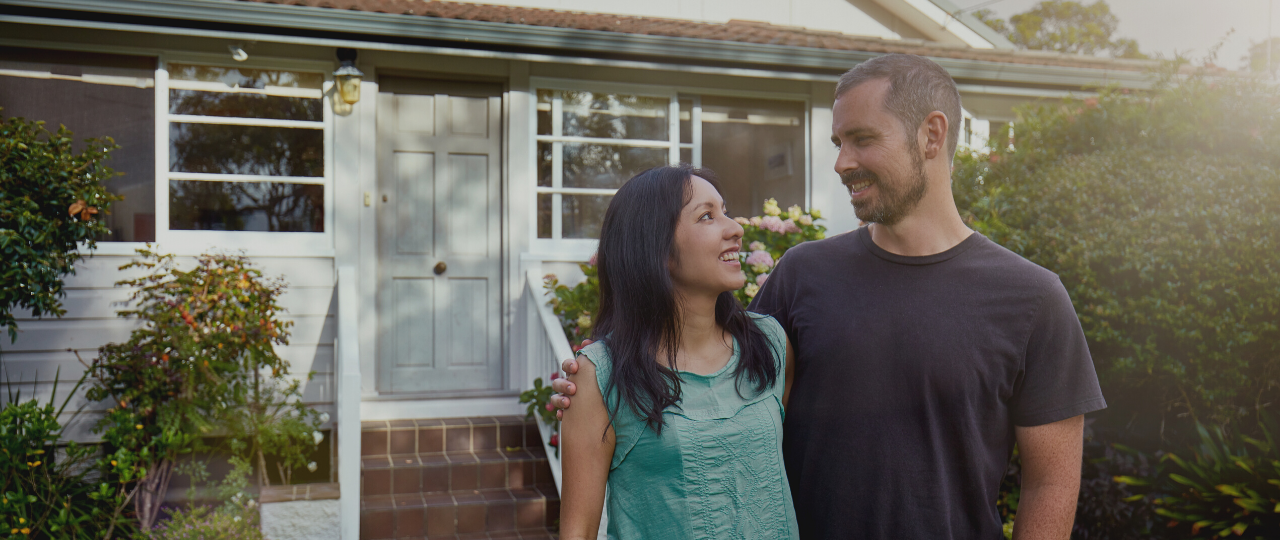The Institute of Family Studies[1] regularly monitors the health of the family and explores the relationship between the wellbeing of children and the quality of family life in all major regions of the world. The World Family Map Report 2019[2] explored the place of faith in the health of the family.
This survey of nearly 10,000 people in 11 countries, including Australia, found that faith is “a force for good” in increasing levels of satisfaction in marriages and family life.
This is a pivotal moment for churches to recognise that the Christian faith is of great benefit in supporting marriages and family life. Children who are raised in stable marriages are more likely to have better mental health outcomes. This is an opportunity for the local church to “put effort into supporting family relationships to be stable, safe and nurturing.”[3]
Here are some snapshots results from the latest World Family Map:
The Christian faith helps marriages. Couples who share the Christian faith enjoy higher levels of relationship quality and sexual satisfaction compared to couples in secular or less religious relationships. Regular church attendance is good for couples and they are more likely to report higher levels of relationship quality and sexual satisfaction.
The Christian faith provide couples with the opportunity to share together in rituals or habits such as going to church and praying together. These may help couples deal with stressful life events, have hope, and provide an opportunity to change destructive patterns of behaviour.
Regular church attendance is good for marriages. Couples who attend church are more likely to place a high value on commitment. The Christian faith places a strong emphasis on love, forgiveness, respectful behaviour and putting the needs of others above one’s own. These are contributing towards the higher satisfaction levels reported in this study.
Churches provide networks that can support couples especially in times of trouble. Being part of a church community provides couples with the opportunity to form supportive friendships – this support network is helping couples report high levels of relationship satisfaction.
“The family that prays together, stays together.” Prayer is an activity that strengthens the bonds between couples and families. Let’s encourage our couples and families to build the habit of praying together and making this a part of normal family life. This can become part of some other normal habit or ritual such as a meal together – breakfast or dinner or the going to bed routine. Use it as part of being joyful together, speaking words of love and encouragement. This simple habit is good for marriages and it is good for our children.
Marriage is good for our children. Children raised in stable families do better in life. Stability and nurture support the mental health of children. Children born to married parents are more likely to have a stable upbringing.[4]
Stable families are also well placed to help churches build community for those who are single, who are lonely and disconnected.[5]
However, when it comes to domestic violence and infidelity, this report showed that faith provides no advantage. Religion is not protective for the couples who took part in this sample.[6] Men who were highly religious were not significantly less likely to engage in violence against their partners, or less likely to commit adultery than men who have no religious faith. [7] This is an opportunity for churches to address relationship destroying behaviour – in particular violence.
[1] https://ifstudies.org/research/reports
[2] Ties that bind: is faith a global force for good or ill in the family?
[3] See Patrick Parkinson in a recent lecture about family and marriage and faith at New College in September 2020. Transcript
Video: See a summary of his three lectures in “After Christendom: How should we then live?” by Patrick Parkinson, (2020) 59 Case 4 at 8
[4] See Chapter 2 of the World Family Map. At page 20. 2
[5] Parkinson, ibid, at 9. “A father to the fatherless, a defender of the widows, is God in his holy dwelling. God sets the lonely in families.” Psalm 68:5-6
[6] See Chapter 3 of the World Family Map beginning at page 30.
[7] Parkinson, 8.




